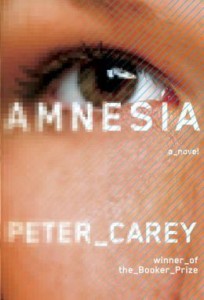
In Amnesia, Peter Carey blends a story of young Australian hackers with a powerful overlay of socialist politics. The result could have been outstanding, if only it weren’t so difficult to read.
Estimated reading time: 3 minutes
Amnesia is written in an elliptical style that’s clearly not intended to make things easy for the reader, and that’s only the beginning of the confusion. The novel is divided into two parts. In the first part, the first-person narrator is Felix Moore, one of Australia’s best-known journalists. Felix has just been convicted of libel in a high-profile trial where he was pitted against one of his favorite adversaries, a government minister. In Part Two, the narration is couched in the third person, although passages slip back into the first person, sometimes featuring Felix and other times featuring (separately) the mother and daughter who are two of the novel’s other principal characters. As I said, confusing.
As though all that doesn’t make things sufficiently difficult for the reader, Carey liberally scatters Australian slang and obsolete British formulations throughout the text — words such as cobber, dobbin, pash, mestered, and sooled. If you know the meaning of these words and aren’t Australian, I’d wonder how you’ve been spending your time all these years.
Amnesia by Peter Carey ★★★☆☆
Admittedly, I have no patience for such things. If you’re prepared to brave your way through this novel, you might enjoy it immensely. The story that emerges at length is timely, engaging, and important.
The amnesia of the title — Carey puts it as “The Great Amnesia of 1975” in the text — refers to the media’s obfuscation and the public’s indifference to what he describes as the extra-constitutional ouster of Australia’s Labor government in that year, spearheaded, he claims, by the CIA.
Carey’s protagonist, Felix Moore, is a belligerent socialist who constantly gets himself into trouble. His worldview is encapsulated in this way: “[S]he was born into the Anthropocene age and easily saw that the enemy was not one nation state but a cloud of companies, corporations, contractors, statutory bodies whose survival meant the degradation of water, air, soil, life itself.”
Peter Carey, Australia’s most honored novelist, is a two-time winner of the Booker Prize, which could be either good or bad (but is usually bad), so far as I’m concerned. But it’s clear that the man can wordsmith with great skill. I just wish he would write more clearly. And, since he has lived in New York for the past twenty years, I would think he might dispense with all the Australian slang by now. And maybe he should pick up a copy of Strunk & White’s The Elements of Style to learn how to write more clearly.
For related reading
Check out Top 10 great popular novels on this site.
If your taste runs to genre fiction, check out my posts:
- Top 10 sci-fi novels
- My 20 favorite espionage novels
- 20 excellent standalone mysteries and thrillers
And you can always find my most popular reviews, and the most recent ones, on the Home Page.

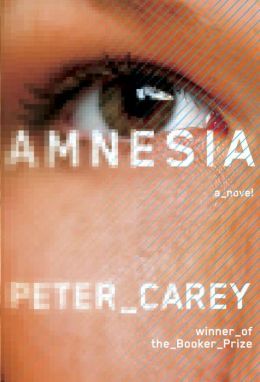
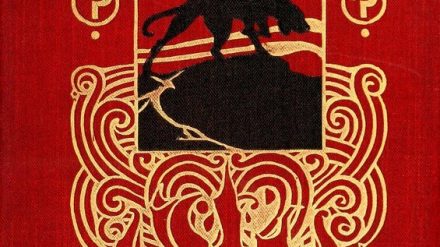
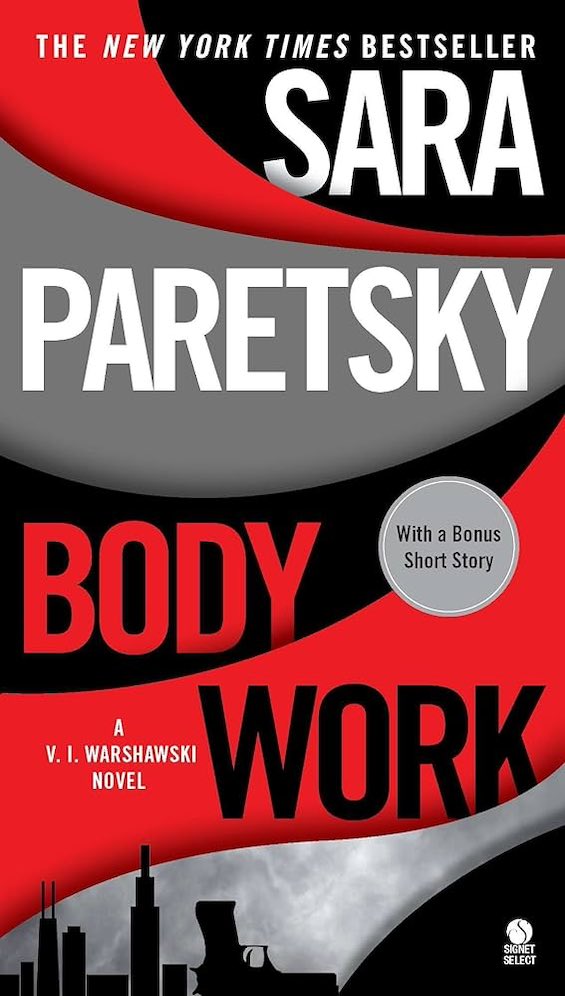
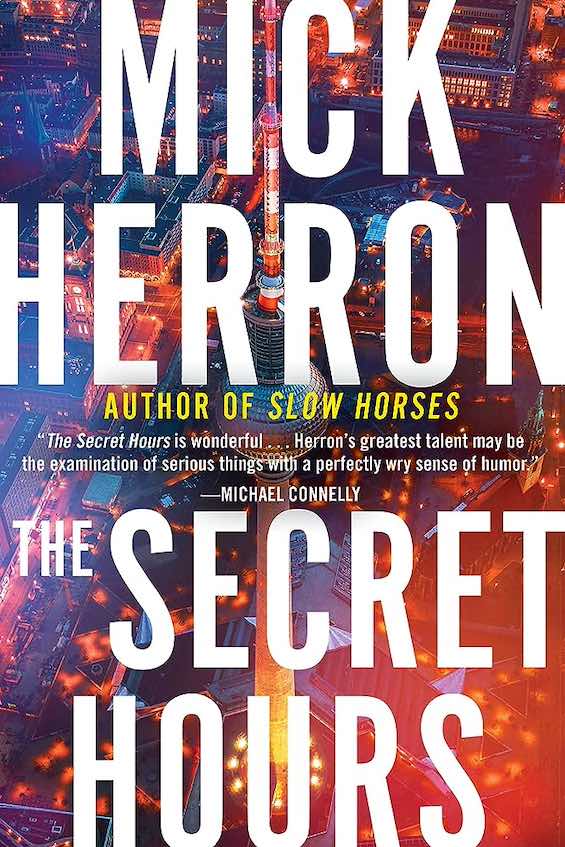
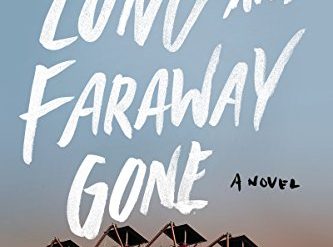





















Mal–greetings after decades. Way back we collaborated on good-cause marketing, but I’d like to chat about your post on Peter Carey’s Amnesia.
I grew up in Australia, then spent 38 in NYC/SF, now back to Oz. Carey’s plot hinges, as you say, on the CIA’s role in throttling the nationalist and gently-socialist govt led by Gough Whitlam in the early 70s — very much in line with my version of the story in Mother Jones in 1984, which is free in video, audio or print at coorabellridge.com
The import of this tale has grown since those days when Kissinger/Angleton & co. thought their secret lives would remain forever secret.
Separate issue Mal: Your kvetching about Aussie slang and “obsolete British formulations” is the complaint of a colonial master. As my wife, also an Aussie novelist, told her American publisher when they said Australianisms had to be made Americanisms: “For all of our lives we’ve had to figure out that sidewalks are footpaths and buddies are cobbers. It ain’t hard but how about you use your tiny braincells for once, oh masters of the universe?”
Best from your amigo (friend) Phillip
Phillip — I appreciate your comments about the events of the mid-1970s. I’d always imagined that the CIA had a hand in trashing the Gough Whitlam government, but I missed your story in Mother Jones and anything else that would have confirmed that.
I still take issue with you (and your wife) about the use of so much Aussie slang in Carey’s novel. He didn’t write it for an Australian audience: he obviously wanted to sell the book to Americans (primarily) and British (secondarily). He should have respected that. As I indicated in my review, I ALWAYS take issue with writers who make things difficult for readers — I, myself, have actually written a book about how to write clearly — and Carey’s use of (sorry, what to most of us was obscure) slang was just part of a pattern of the difficult style he brought to bear in “Amnesia.”
It’s good to hear from you, anyway.
mal